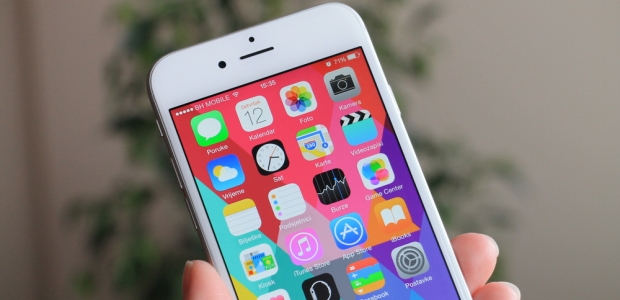
New CPR Guidelines Recommend Cities Use Apps, Mobile Phones
The American Heart Association guidelines say these community programs could increase bystander CPR.
Newly published CPR guidelines from the American Heart Association recommend that U.S. cities use apps and residents' mobile phones to connect people in cardiac arrest with nearby CPR-trained rescuers. The guidelines say these community programs could increase bystander CPR.
They have been published in the journal Circulation. Bystander CPR is performed only 10 percent to 65 percent of the time in response to the approximately 326,000 cardiac arrests that happen outside U.S. hospitals each year, according to AHA., which cited the Pew Research Center as the source for stating that about 90 percent of American adults have cellphones and two-thirds of them have smartphones.
"While emergency system personnel are on their way, bystanders can come by and start helping out," explained Dr. Raina Merchant, MD, director of the Social Media and Health Innovation Lab at Penn Medicine and an assistant professor of emergency medicine at the University of Pennsylvania Perelman School of Medicine. She was not involved in writing the new guidelines.
According to AHA, the new recommendation is based on a Swedish study that tested a mobile alert system in Stockholm and was published recently in The New England Journal of Medicine. It found that bystander CPR was initiated in 62 percent of cardiac arrests among the group who received cellphone alerts but only 48 percent of the time in the group who did not receive such alerts.
"There's a lot of work that needs to be done about how to best optimize these programs. Simply having the program doesn't ensure that people will use it," said Merchant.
AHA also reported that about 1,400 U.S. communities are implementing a CPR mobile alert program developed by the nonprofit PulsePoint Foundation, which is based in Pleasanton, Calif.; the app allows 911 dispatch centers to alert responders who have registered through a free mobile app and are within a quarter mile of a cardiac arrest victim, said President Richard Price. The app alerts them, provides map directions, and reminds them how to give chest compressions, then sends the local EMS agency a detailed report about the incident and surveys responders about their actions. "By directly alerting those who are qualified and nearby, maybe in the business next door or on the floor above, PulsePoint is able to put the right people in the right place at the right time," Price said. The annual costs to implement the system range from $8,000 a year for communities with up to 300,000 residents to $28,000 a year for populations of 1.5 million or more, he said.